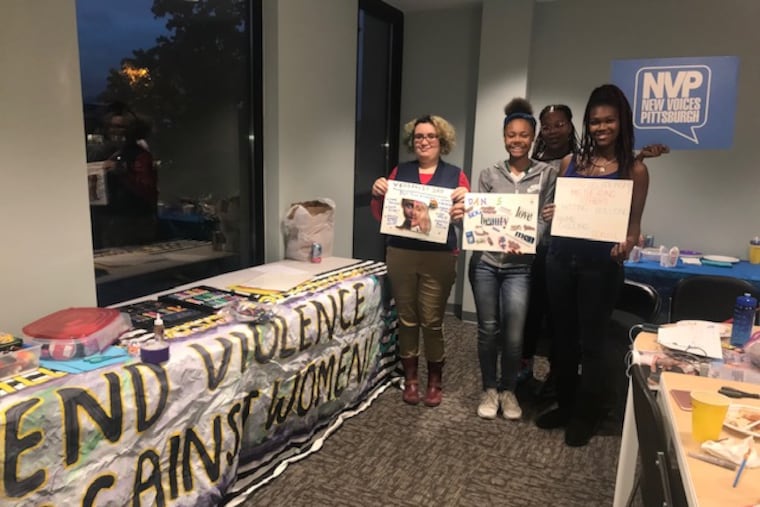What does it really mean to have reproductive “choice”? | Opinion
While young people are frequently depicted in media as those who contemplate abortions, they are strikingly absent from policy conversations around abortion access.

“Our bodies!” “Our choice!”
This call and response chant is a favorite at reproductive rights rallies or women’s marches. It is easy to learn, short and catchy, but the chant misses the complexity of whose bodies get to affirm a right to choice. Often those bodies are not black, and those bodies don’t belong to folks under the age of 21.
In 2015, black women were 3.5 times more likely to have an abortion than white women. Now, in 2019, some states are moving toward making abortion and pregnancy outcomes a crime. A black woman in Alabama, Marshae Jones, gained national attention in June after initially being charged for her own miscarriage, indicted for manslaughter after being shot in the stomach. The fact that black women seek abortions at higher rates and are more likely to face penalties for doing so shows how the concept of choice is complicated by race, class, and access.
At New Voices for Reproductive Justice, we are trying to change that. We want to create a space for young black women as well as LGBTQ and gender nonconforming people within the reproductive justice movement here in Philadelphia, and are planning a workshop on bodily autonomy for later this year to expand those efforts.
While young people are frequently depicted in media as those who contemplate abortions, they are strikingly absent from policy conversations around abortion access.
How many rallies for reproductive rights prioritize the voices of people under the age of 21? What coalition tables for reproductive health issues like comprehensive sex education, intimate partner violence, or judicial bypass — wherein minors can seek abortions without parental approval — include young people in the decision-making process?
Action-oriented spaces continue to be dominated by adults, largely white women. Because protests and rallies often happen in the middle of the day when only folks with flexible work hours or who are not in school can attend, those with different schedules are shut out, implicitly told they are not the bodies such groups want to liberate.
The movement to restrict abortion access has grown in a context where black girls specifically have inconsistent access to medically accurate sexual health education, more experiences that fall under the umbrella of sexual assault, and limited access to contraceptives or, when present, pressure to use long-acting contraceptive methods.
Without sex education or unbiased information around options, how can we chant “choice”? Instead, we see a vacuum of true choice.
Earlier this year, a 15-year-old black girl in Philadelphia was arrested after abandoning her baby in a dumpster. I wonder whether she felt that she had a choice, or whether she felt as though her choices existed in a vacuum.
It’s time we adopt a post-choice framework. Reproductive justice is just that.
Reproductive justice is where black and brown folks hold space for these overlapping realities to give voice to our experiences in ways that recognize that choice begins with the desire to thrive, not merely survive. Reproductive justice prioritizes three interconnected rights: the right to use safe birth control, abortion, or abstinence in order not to have children; the right to have children under conditions we choose; and the right to parent the children we have in safe and healthy environments.
At New Voices for Reproductive Justice, we aim to work with young folks ages 12-21 to break down reproductive issues they are directly impacted by — such as comprehensive sex education, judicial bypass, and pushout, referring to hostility from teachers and authority figures, of black girls in schools — and to help them develop tools to advocate around these issues using their own voices. We also offer opportunities for those adults who work with, serve, or advocate on behalf of young people to participate in workshops on how to authentically prioritize young people in their work.
Young black girls have always had powerful minds and potential. It is well beyond time that we collectively work to amplify their voices and offer the necessary tools for them to properly care and protect themselves, their families, and their communities.
Miciah Foster is the SistahSpeak! youth project assistant for New Voices for Reproductive Justice, dedicated to creating spaces that prioritize black girls, femmes, and gender nonconforming folks.